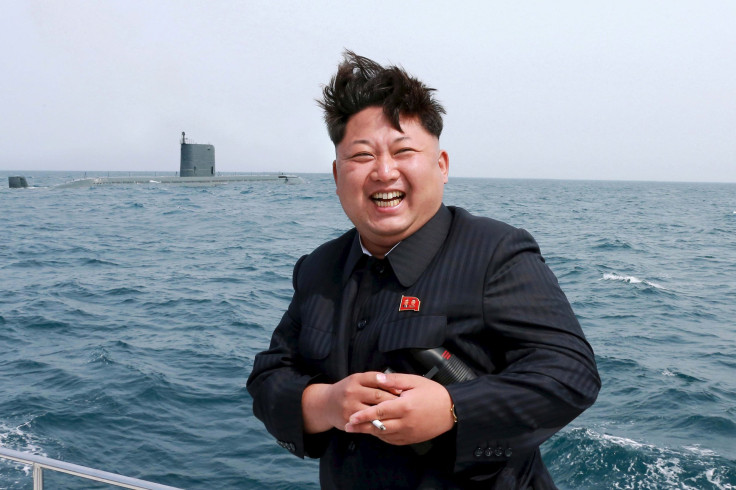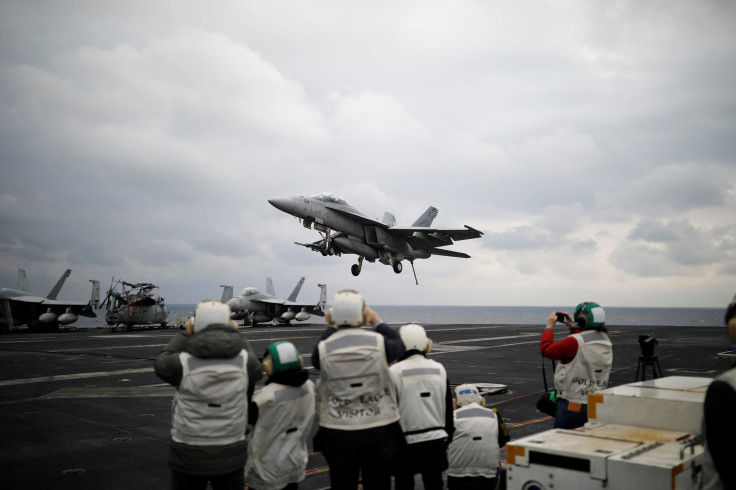Next World War? China Wants To Destroy North Korea Nuclear Threat With US And Russia

Chinese, Russian and U.S. officials have all said they would like to minimize the threat of nuclear fallout created by the North Korean regime though they are greatly divided on how exactly to work together to reach that goal. Chinese Premier Li Keqiang said Wednesday conflict enveloping the Korean peninsula could create "chaos" for the entire globe while failing to propose anything the U.S. hadn't already rejected as potential responses to the North’s continued ballistic missile launches.
"It’s just common sense that no one wants to see chaos on his doorstep," Keqiang said during his annual press conference Wednesday. "So what we hope is that all the parties concerned will work together to de-escalate the situation, get issues back on the track of dialogue and work together to find proper solutions."
Read: America Will Force China To Help Destroy North Korea Missile Threat
The Chinese premier called on his U.S. and Russian counterparts to resume intergovernmental discussions on how to address the threat of North Korea creating a nuclear missile, capable of targeting South Korean, Japanese or U.S. military bases in the region or other targets.

Meanwhile, China has only offered one possible resolution to the Korean conflict: for the U.S. and South Korea to cease all joint military exercises in exchange for a full stop of all North Korean nuclear operations. The proposal has been repeatedly rejected by U.S. officials and was not mentioned by Keqiang during his Wednesday press conference.
In a report provided to the United Nations, Russian President Vladimir Putin’s Kremlin said it had fully complied with all sanctions against the oppressive regime. A former member of the U.N. Security Council denied that claim, however, saying in a United Press International interview Moscow defied sanctions by allowing North Korea to conduct research and work inside Russia’s nuclear operations.
President Donald Trump said he'd "absolutely" speak directly with North Korean dictator Kim Jong Un in a Reuters interview last year though it remains unclear whether he'll work with Putin and the Chinese government to end the North’s missile threat. The president said he'd seek to increase the U.S. nuclear arsenal last year, warning the nation would "outmatch" rivals in a global arms race.
"The United States must greatly strengthen and expand its nuclear capability until such time as the world comes to its senses regarding nukes," Trump tweeted in December. He then followed up his tweets by saying to MSNBC’s Mika Brzezinski, "let it be an arms race. We will outmatch them at every pass and outlast them all."
© Copyright IBTimes 2024. All rights reserved.





















